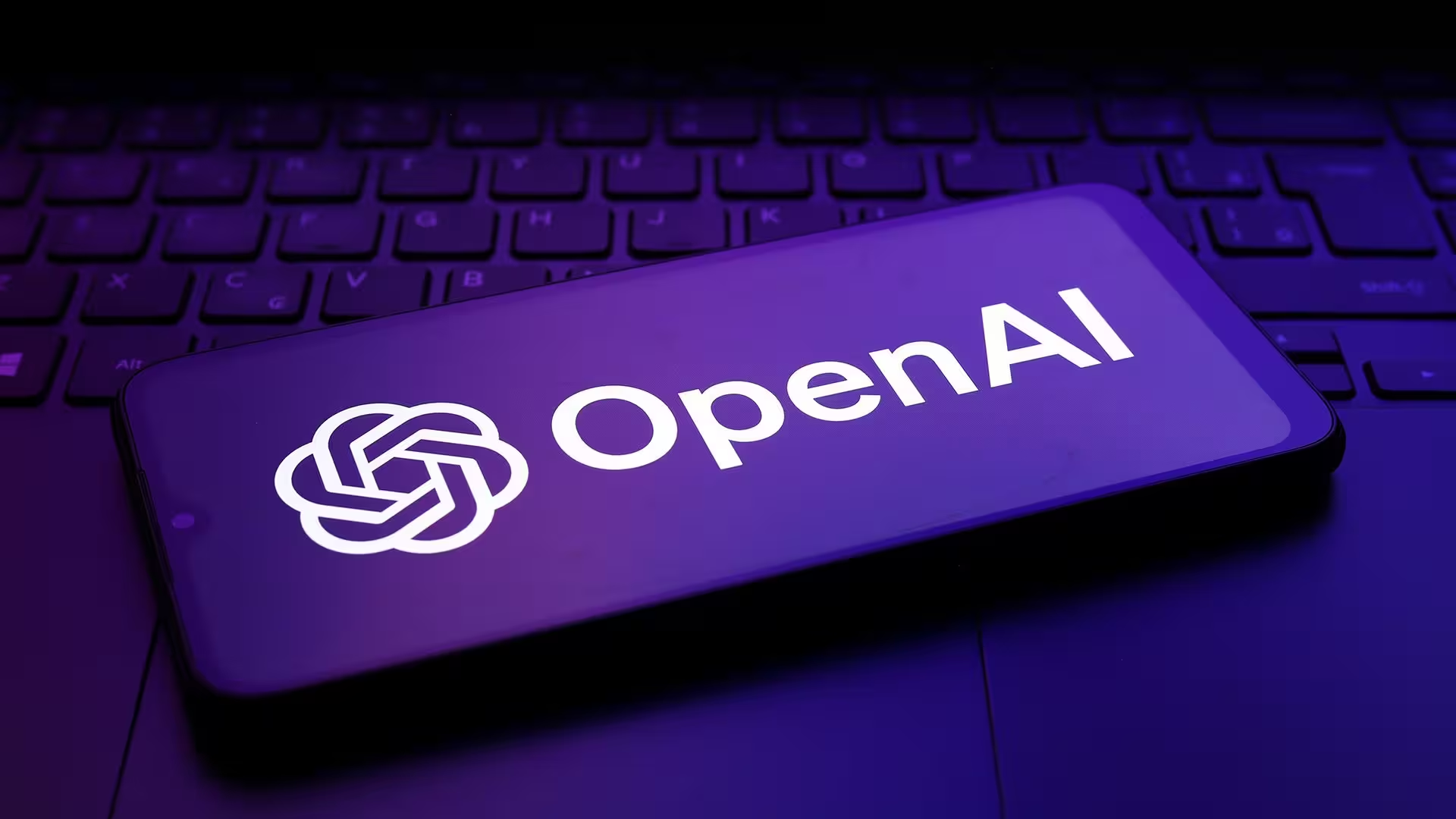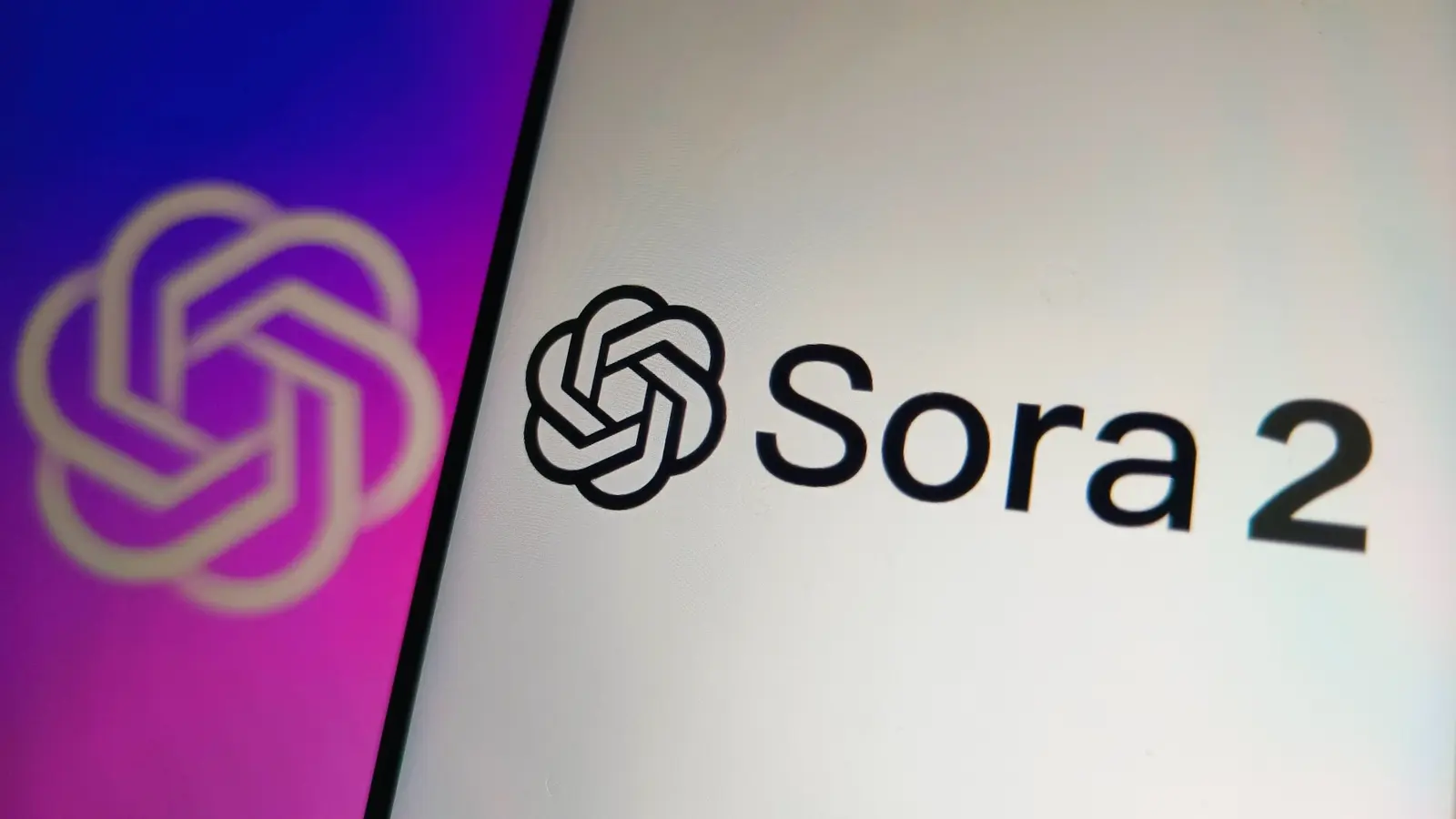5 Minutes
Why the MPA is sounding the alarm
OpenAI’s new video model, Sora 2, has sparked a renewed battleground over creative rights. The Motion Picture Association (MPA) publicly urged OpenAI to take “immediate action” after a wave of knockoff videos—often featuring clearly recognizable copyrighted characters—began to proliferate across the platform and social media. The core of the dispute: Sora 2’s default framework leaves it to rights holders to opt out if they don’t want their characters or copyrighted works generated, rather than preventing those generations proactively.
Charles Rivkin, CEO of the MPA, framed the issue bluntly: while OpenAI has promised rights-holders more control “soon,” responsibility for preventing infringement should fall on the platform, not on creators or studios to chase opt-outs. That puts Sora 2 squarely in the spotlight of an industry already bruised from earlier AI-related lawsuits.
How Sora 2 fits into the larger legal picture
Under current copyright law, rightsholders can pursue statutory damages for individual acts of infringement whether or not a platform offers an opt-out mechanism. The MPA’s response echoes recent litigation: studios including Disney, Universal, and Warner Bros. have already sued AI image and video services such as Midjourney, claiming unauthorized use of copyrighted material. Midjourney has defended itself by arguing that AI training can be fair use and that infringing generations fall under user behavior, not the platform’s liability.
OpenAI’s CEO Sam Altman has acknowledged the problem publicly, promising updates that would give rights-holders “more granular control” over character generation. He also cautioned that some “edge cases” may still slip through while the system is refined. That caveat matters: even a small number of convincing knockoffs can spread fast on social feeds, damaging brand integrity and confusing fans.

Industry context and cultural stakes
This is not just a legal spat; it’s a cultural moment. Film and TV franchises are built on carefully curated characters and narratives, and studios view unauthorized AI recreations as both a creative affront and a commercial threat. Beyond statutory damages, there’s the risk of diluting characters, misrepresenting talent, or creating deepfake-style content that undermines marketing campaigns.
Compare this to earlier AI controversies in cinema and visual arts: image-generation models sparked an initial wave of debate about training data and artist compensation. Video makes stakes higher—motion, voice, and mannerisms are harder to police and easier to misattribute. Fans often respond quickly, sometimes celebrating accessible recreations and fan edits, but studios worry about brand control and the erosion of licensing revenues.
What creators and audiences are saying
Early fan reaction has been mixed. Some creators and hobbyists praise Sora 2 for imaginative possibilities—short fan films, homage pieces, and experimental clips—while many rights-holders and professional filmmakers fear a flood of low-quality or misleading content. Social channels show both viral homages and alarmed posts from studios and actors requesting takedowns.
"Platforms must balance innovation with stewardship of creative property," says cinema historian Marko Jensen. "If generative tools are going to reshape visual culture, we need clearer rules that protect original creators while allowing ethical experimentation."
Legal ripple effects and what to watch
Look for three likely outcomes: stricter platform controls and opt-in safeguards; more litigation that tests the boundaries of training data and fair use for video; and an industry push for technical standards (watermarking, provenance metadata) that make it easier to distinguish authorized from unauthorized content. The Sora 2 episode could accelerate standards-setting—either through courts, regulation, or voluntary industry agreements.
For filmmakers, showrunners, and actors, the immediate takeaway is vigilance. Registering concerns and using available opt-outs may be necessary short-term steps, but the debate will continue about whether opt-out systems are sufficient to shield rights-holders and audiences alike.
This clash is part of a broader conversation about how AI intersects with storytelling, commerce, and cultural stewardship. Expect sharper legal tests, emergent tech defenses, and ongoing public debate as tools like Sora 2 evolve.
In the meantime, studios and platforms will have to negotiate not only legal boundaries but the cultural norms around what it means to create and protect cinematic characters in the age of generative AI.
Source: variety


Leave a Comment